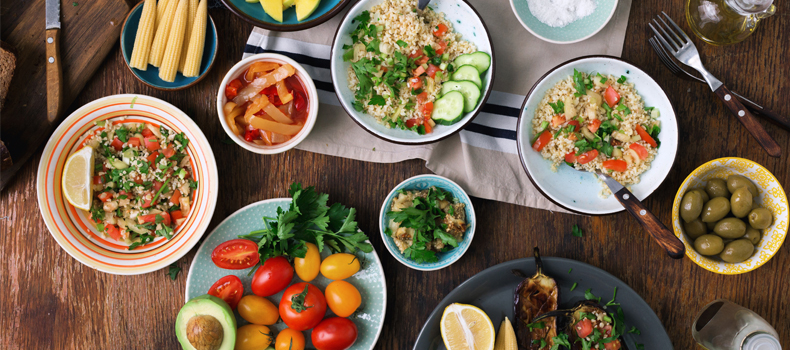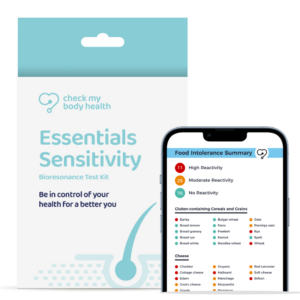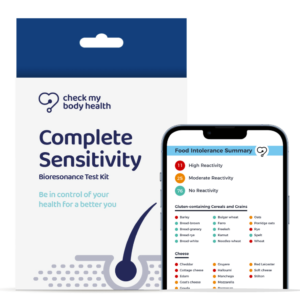For some, becoming a vegetarian, or choosing to change your diet to solely plant-based foods (this is actually called veganism if you exclude all meat, fish and dairy) can be based on several factors. It should, however, be something that you choose, and not the influences of others or peer pressure, or even a whim, which can sometimes be the case. There are always advantages and disadvantages in isolating your food intake to specific food groups, so investigate your reasons for changing and ensure that you still gain the essential nutrients from a vegetarian diet.
What should a vegetarian eat?
True vegetarians will only consume plant-based foods, but many do include dairy products and eggs, even though these are derived from animals, they do not involve eating the flesh.
A strict branch of vegetarianism is veganism, involving absolutely no animal products whatsoever (this includes dairy, eggs and even produce such as honey).
Vegetarianism can be broken down into several categories, if you include those participants that eat more than a plant-based diet.
- Lacto-ovo – no meat or fish is consumed, but both dairy and eggs are
- Lacto – eat dairy products but never eggs
- Ovo – eat eggs but never dairy
- Pescatarians – eat fish and vegetables, but never meat in any form
There is a question to be asked – are the above truly vegetarians, as neither the Vegetarian nor the Vegan Society accept this method of food consumption as a true definition. Once again, the choice is yours as to how you control your own diet, and this should be the case with whatever food you want to eat. There is nothing wrong with being a ‘semi-vegetarian’, as long as you are gaining the nutrients from food that you need for your body, and that you are happy within yourself. In some instances, strict vegetarians or vegans may need to add supplements to their diet to ensure the right nutritional balance for their health and wellbeing.
Reasons why people become vegetarians
There are many reasons, such as:
- Sustainability
- Less damage to the environment
- Animal Welfare
- Religion, ideals or ethics
- Inability to chew or digest certain foods, or allergies to certain foods
- Healthy life
There has been a significant move towards vegetarianism and veganism over the last 10 years. Between 2014 and 2018, the number of people following this lifestyle quadrupled. This means that as of 2018 (last statistics provided) there were estimated to be in excess of 3 million vegetarians/vegans in the UK. Interestingly, there is a strong movement of both children and teenagers to adopt this change to their diet. If you have a young family, it is important to ensure that if they want to make these changes, that you back it up with the correct nutritional values during the ‘growing years’.
What health benefits are there to ‘going vegetarian?’
Whatever reason you choose for becoming vegetarian, there are potential health benefits, particularly if you cut out meat products, but that is not to say that meat is unhealthy! Here are some of the health benefits to be gained from consuming a vegetarian diet.
- Good for your heart – scientific studies show that a vegetarian diet can lower cholesterol levels, rather than resorting to medication. A vegetarian diet can lower bad cholesterol (LDL – low density lipoproteins), which can cause clogging of the arteries.
- Other lifestyle diseases such as high blood pressure (hypertension), stomach disorders such as diverticulitis, and other conditions such as Type 2 Diabetes may also benefit from a vegetarian diet. The reasons for this are that vegetable, fruit and whole grain foods contain antioxidants, flavonoids, and carotenoids, all of which are known to be of great benefit to the body.
- Weight loss – whilst this is not a prime reason for adopting a vegetarian diet, it is certainly a factor. A diet consisting of fruit, vegetables, legumes, nuts and whole grains is naturally less calorific than other regimes that include meat, as long as controlled amounts are consumed.
- Sustenance – believe it or not, a vegetarian diet can make you feel full for a longer period, thereby assisting weight loss, avoiding ‘snacking’ and keeping calorie intake down. In the main, this is due to a higher fibre intake and nutrient-rich whole grain foods.
- Toxin intake – you are less likely to consume chemicals or toxins if you are vegetarian, and more so if you eat organic produce. Meat can often be pumped full of chemicals to improve its appearance or digestibility. You are also less likely to encounter cross contamination when basing your diet on a vegetarian principle.
- Vegetarians tend to be happier! Research reports that this diet-specific group are overall more positive and have less mood swings or depression symptoms than those who are meat eaters!
- Eye health – certain vegetables are known to maintain eye health, and slow down instances of macular degeneration. Leafy greens, containing lutein and zeaxanthin (both are carotenoids) are extremely important, but ‘orange vegetables’ are also an excellent source of beta carotene, which is converted into vitamin A in the body. Vitamin A is important for good vision and protects the cornea (surface of the eye).
- Some vegetarians believe that this diet has improved their skin, making it plumper and softer. More research is needed on this theory.
Becoming a vegetarian
If you choose to change to a vegetarian diet, please read up on any details to help you – hopefully this article is a step towards helping you make this decision and provides valuable information. Here are some tips:
- If you are used to eating a full diet including meat, fish, vegetables, grains etc, make the change slowly. You are more likely to sustain it this way. This will also avoid agitating your digestive system, as you could experience bloating, diarrhoea or other symptoms due to changes to your gut microbiome.
- Try not to surround yourself (and your cupboards!) with snacks that contain meat derivatives. Many foods can have traces of meat in them, even if the packet suggests this is not the case.
- Whole grain products are gentler on the stomach, so you can change to these fairly rapidly.
- Always vary your diet within the vegetarian spectrum – include fruit, nuts, seeds, legumes and whole grains.
- If you want to eat eggs and dairy, do so, but better in moderation for overall health.
- If you don’t eat eggs and dairy, you need to ensure you get vitamin B12 from other sources, such as nutritional yeast, fortified cereals, seaweed or nori products.
- Keep your protein levels adequate – whilst legumes, pulses, nuts and seeds contain a good amount of protein, you can also add foodstuffs such as more nutritious ‘ancient grains’, which include spelt, amaranth and teff. Quinoa is also a good source of protein.
- Try tofu and tempeh, as they are meat substitutes. May take some getting used to, but it’s worth a try.
- Chia, flax and hemp seeds are a good addition to breakfast dishes and pro rata contain a good amount of protein.
- Oats and oatmeal are a good way to start your day!
- Any soy-based products that do not involve meat are also nutritious!
Potential deficiencies to be aware of
Depending on what you consume on a vegetarian diet, you may lack certain nutrients, particularly if you choose not to eat dairy or eggs. Calcium, iron, zinc and vitamins A, D and B12 may be absent or low in your dietary profile. You may also need to pay attention to ensuring a good intake of protein but the suggestions above will help you build a healthy and nutritious vegetarian diet. In terms of Vitamin D, you will also need a degree of sunlight to increase the capacity.
Written by Bev Walton, BSc Nutritional Science
I achieved a First-Class Honours degree in BSc Nutritional Science, Nutrition Sciences from the University of Reading and now have over 35 years experience in all types of cuisine, dietary plans, recipe development, health and nutrition. I have been writing for over 10 years for magazines and websites as well as ghostwriting for ebooks, Kindle and fully published books. I’m also a proud member of the Guild of Food writers.




